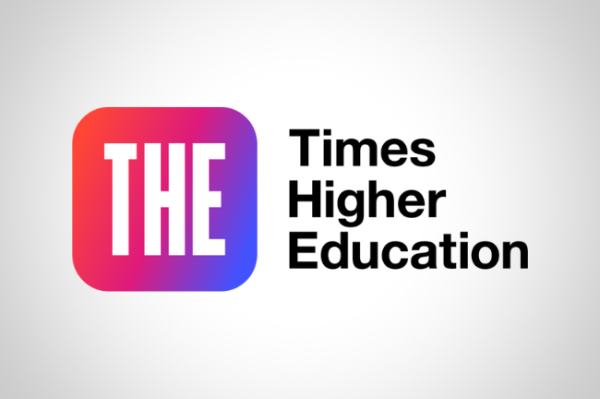
Rising use of AI in higher education could cause students to question the quality and value of education they receive, a report warns.
This year’s Digital Education Council Global AI Student Survey, of more than 3,800 students from 16 countries, found that more than half (55 percent) believed overuse of AI within teaching devalued education, and 52 percent said it negatively impacted their academic performance.
Courses primarily created and delivered by AI were less favorably perceived by students, with only 18 percent saying they are more valuable than traditional courses.
“Students do not want to become over-reliant on AI, and they do not want their professors to do so either. Most students want to incorporate AI into their education, yet also perceive the dangers of becoming over-reliant on AI,” the report says.
Despite this, significant numbers of students admitted to using such technology. Some 86 percent said they “regularly” used programs such as ChatGPT in their studies, 54 percent said they used it on a weekly basis, and 24 percent said they used it to write a first draft of a submission.

However, Danny Bielik, president of the Digital Education Council, said he expected this figure to be higher, and he believes many students are too nervous to admit using AI in their essays because of stigmatization and uncertainty over whether AI is permitted at their university.
The survey found 86 percent of students said they were not fully aware of the AI guidelines at their university, and Bielik said students often receive “conflicting information,” highlighting the need for greater communication between students, staff and wider university ecosystems.
“Often communication happens at the faculty level. So, students might be in one class being told one thing about what they are and aren’t allowed to use generative AI for, and then they go into another class and they’re told something completely different,” Bielik said.
The report comes as universities are stepping up their efforts to detect AI in student essays as AI drafting becomes increasingly prevalent, with Turnitin claiming 11 percent of 200 million submissions it received featured “at least” 20 percent AI-drafted content, and a recent study found undetected ChatGPT-generated exam answers scored more highly than real students.
Respondents said they felt they lacked sufficient AI knowledge and skills (reported by 58 percent of students), and the report adds that they increasingly expect training to be incorporated into their studies. Consequently, training staff members on AI is a “baseline expectation” before integrating it into courses.
“The application and use of AI in education is becoming the new standard, and universities will need to take steps to ensure that they have appropriate measures and preparations in place to guide AI integration in their organizations,” the report says.
“Students are as conflicted as the rest of us,” Bielik said. “Communication is more than just writing policies and publishing them on your website.”
